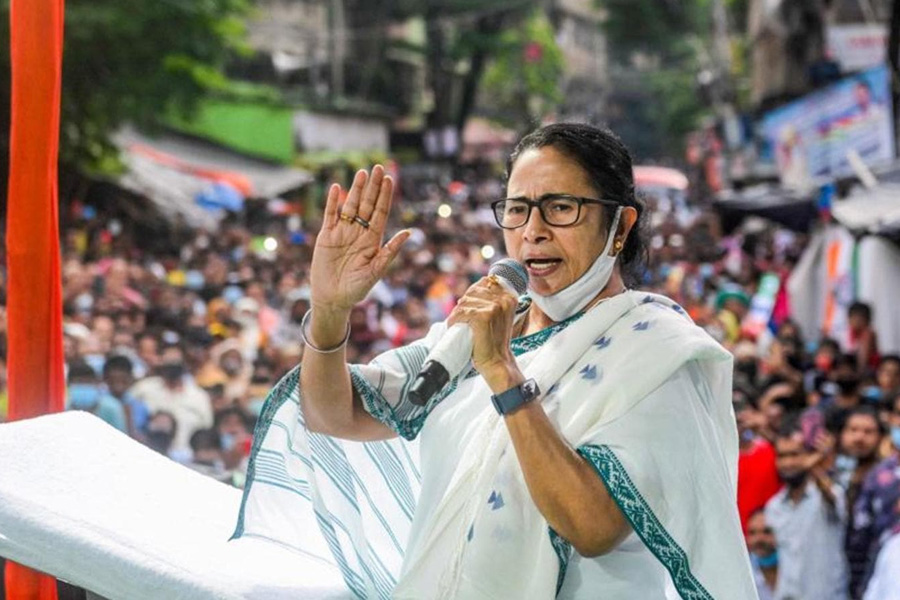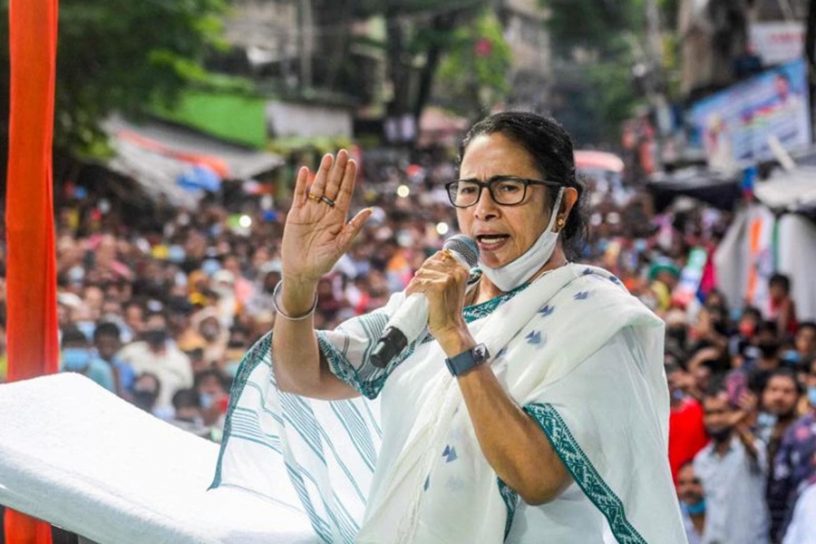
Political violence, a distinctive aspect of campaigns in the state since independence, has taken a sharp communal turn in the post-2016 period, finds the study.
Authors
Subhasish Ray, Professor, Jindal School of Government and Public Policy, O. P. Jindal Global University, Sonipat, Haryana, India.
Suman Nath, Dr. A. P. J. Abdul Kalam Government College, New Town, Kolkata, India.
Summary
This study examines the evolving dynamics of political campaigning in the state of West Bengal in eastern India. West Bengal offers an ideal case to trace the rise of the Hindu nationalist Bharatiya Janata Party (BJP) in India and the implications of this development for political campaigning since, until recently, the political culture of the state, profoundly shaped by 34 years of continuous Left rule from 1977 to 2011, had, at least institutionally and organizationally, eschewed open expressions of identity-based politics.
Nonetheless, West Bengal now stands at the cusp of a major political transformation with the emergence of the BJP as the main opposition party in the state. Our analysis identifies two crucial ways in which the rise of the BJP has altered the dominant mode of political campaigning in the state since the 2016 state assembly elections.
First, the state has witnessed a dramatic professionalization of campaigns, with the BJP being a clear frontrunner on this dimension. Second, political violence, a distinctive aspect of campaigns in the state since independence, has taken a sharp communal turn in the post-2016 period, departing from the partisan violence of elaka dokhol (area domination) that was the hallmark of the pre-2016 period.
We argue that both these shifts were facilitated by a rapid increase in smartphone usage for consuming news, with the BJP leveraging the technological shock to streamline its organizational resources, and by extension, to set the tone of campaigns. We note that these trends have been accentuated during the recently concluded 2021 state assembly elections.
Published in: South Asian History and Culture
To read the full article, please click here.


